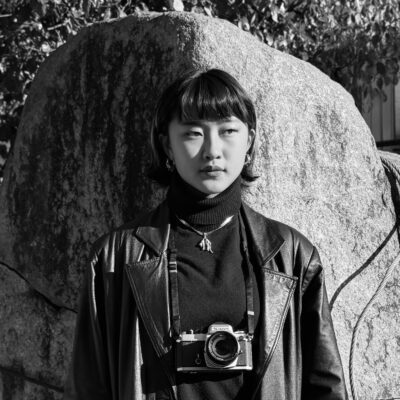Yiming Clara Li L&S Arts & Humanities
Aesthetics in the Social Ecology of Post-Deng Sculptural Practice
In 1978, Deng Xiaoping’s market reforms flung open floodgates to the outside world, ushering rapid strides of Western capitalism into China. Bronze-cast sculpture, a distinctly Western notion, emerged and matured alongside this influx of cultural forms, corresponding to the arc of transformation. As an industrialized practice, sculpture made various socio-economic and ideological spheres converge—from an artist’s hand to the foundry worker, from dealers in international galleries to children in public parks.
This project takes sculpture as a social ecosystem where forces of transformation are materially produced and discursively constituted. By examining the everyday language of those involved in sculpture production, this study asks: How are ideas of progress spoken, imagined, and discursively produced through embodied experiences of drastic change? What can everyday language reveal about larger historical transformations? These questions illuminate how everyday practice and language can articulate a historical moment in ways that grander narratives conceal, supplanting the current epistemic gap in understanding China at its critical new phase of economic stagnation.
Message To Sponsor
Thank you so much for giving this project life. Art is inseparable from life and from philosophy, from a deeper empathy towards oneself and one another. It is an imperative to imagine better alternatives. I truly believe in art as a medium and as a scope, to offer us a more insightful understanding of social and material conditions. It gives us a chance to look differently, and a glimmer of hope to affect change: slow, but indeed profound. I am deeply grateful for this opportunity.